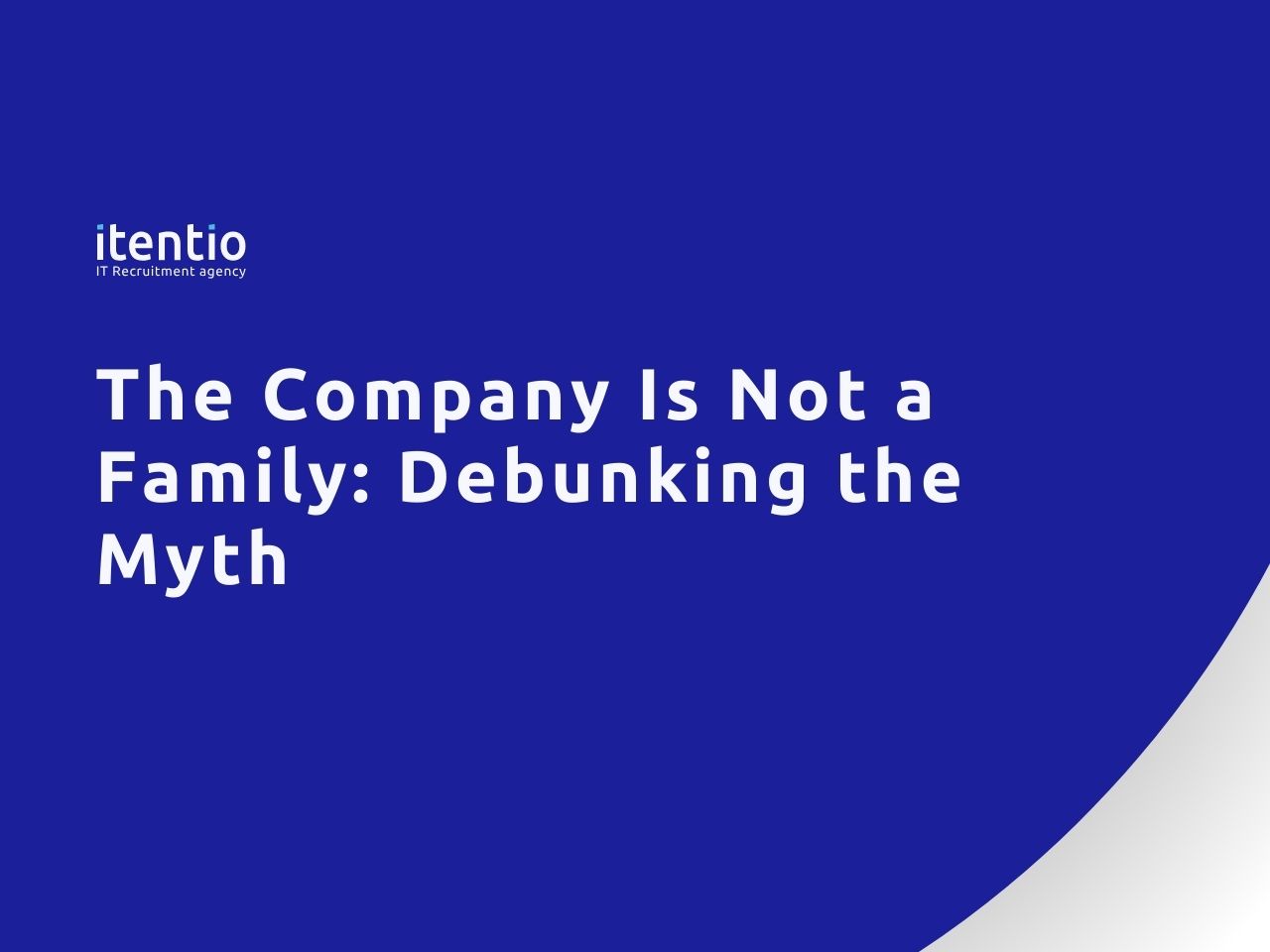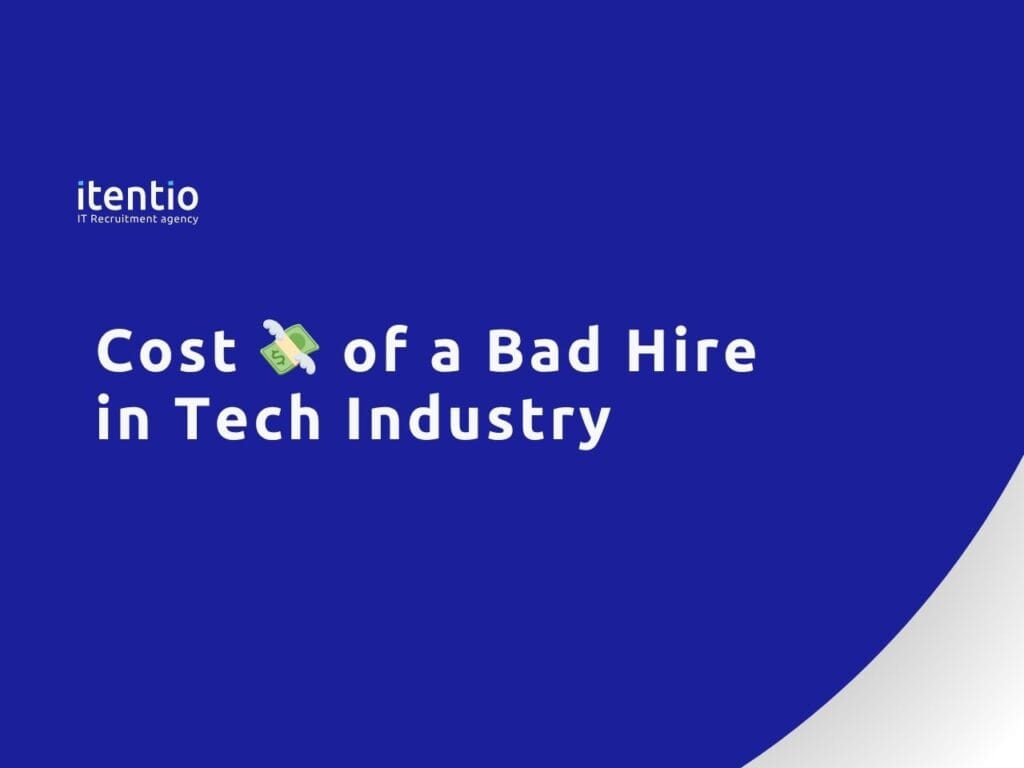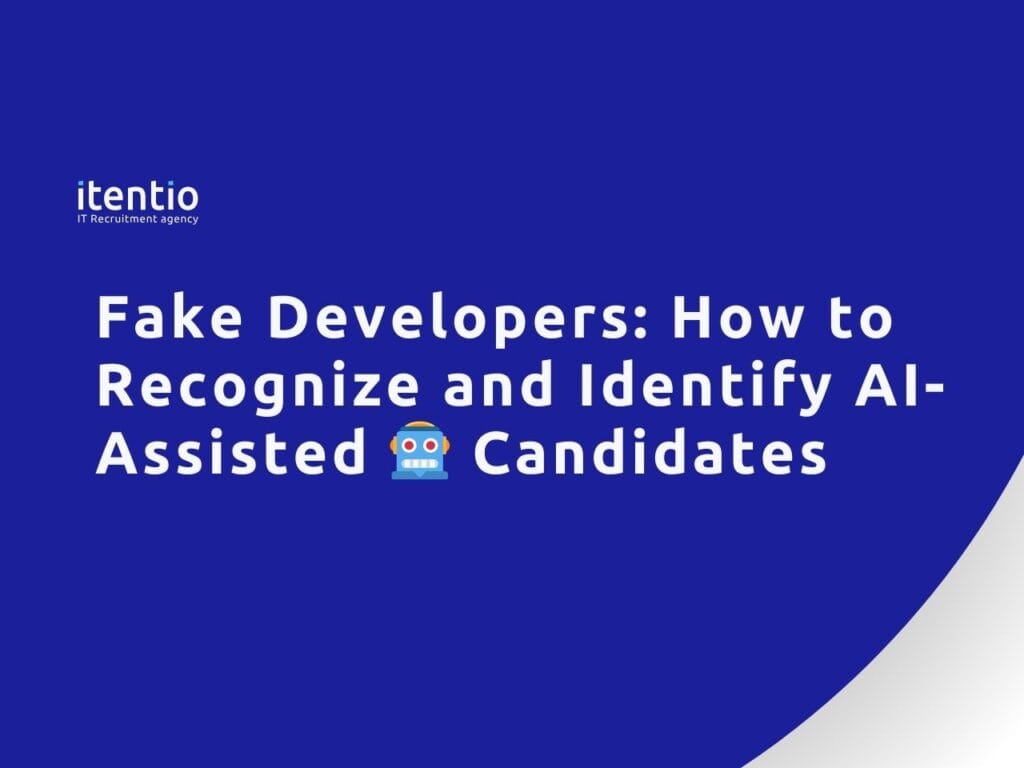The myth of the company as a family persists, yet it often misaligns with the pragmatic facets of corporate life. This narrative delves into the nuances of organizational dynamics, contrasting the idealized “work family” with the reality of professional ecosystems. We explore why the company is not a family, consider the pillars of a truly supportive environment and leadership role. Join us as we unravel the threads of this corporate lore and incorporate a new vision for the contemporary workplace.
Introduction
The analogy of comparing a company with a family has seeped into our societal mentality, reliable and apparently rooted. “Work-family,” they echo, or “we’re all in this together”. Yet, pause and ponder — does this comparison hold truth, or is it just a gentle mirage? In this article, we shall navigate the genesis of this familial notion within the corporate realm, unravel its connotations, and, with a critical eye, disprove the myth.
The Company Is Not a Family: The Origins of the Metaphor
The conception of the corporate environment compared to a family grew from the wish to cultivate an atmosphere of unity, devotion and fellowship amongst the workforce.
Its inception was rooted in the aspiration to nurture deep-seated allegiance, dedication, and affective ties within the workplace. Yet, this allegory, comforting as it may be, glosses over the complicated web of interactions that define the organizational structure and relations within.
Historical Context
The seed of calling businesses family sprouted in the early 20th century’s Industrial Revolution. In those days, enterprises were pretty small and tightly integrated, with employees in close cooperation with each other, shoulder to shoulder. Proprietors and managers would often describe their collective as a “family,” a term that conjured images of mutual support and shared aspirations. This concept gradually saturated the corporate culture and management literature.
The ascendancy of the company-as-family allegory was propelled by several factors:
- Emotional Appeal: The warm embrace of a tight-knit family strikes a chord with our deep-seated desire for affinity and belonging. Employees who perceive themselves as part of a family circle are more inclined to stay loyal to their corporate “home”.
- Humanizing Corporations: In equating enterprises with families, the leaders sought to infuse soul into the vast, faceless organizations. It caused the professional industry to become less intimidating and more approachable.
- Recruitment and Retention: This metaphor was utilized by the companies as a tool in the arsenal of talent acquisition and retention. The invitation to “Join our work family” emerged as a compelling pitch to talent attraction.
However, as the corporate landscape matured, so too did the essence of occupational relationships. Now, let us probe into the reasons why the company-as-family metaphor may no longer hold water in the contemporary corporate narrative.
Company Is Not a Family: The Reality Check

Business Objectives
Confront the objective truth: The reason companies exist is to fulfil commercial ambitions and objectives. Profit, expansion, and market dominance are the pillars that uphold their driving forces. True, there are entities that hold employee well-being in high regard, yet the essence of their existence is rooted in economic purpose and outcomes. The bottom line matters more than the notion of familial bonds.
Within the corporate world, decisions are caused by strategic planning, financial forecasts, and the pursuit of a competitive edge. The CEO and other executives are responsible for navigating the enterprise to prosperity, not carrying the role of a nurturing parent. Shareholders are on the lookout for dividends on their stakes, and employees are the engine propelling these goals to completion. The pursuit of these objectives is the heartbeat of the corporate entity.
Hierarchy and Roles
In the realm of corporate structure and responsibilities, the contrast with familial bonds is stark. Corporations are bastions of explicit hierarchies and defined duties. At the pinnacle sits the Chief Executive Officer, flanked by tiers of middle management, cascading down to the diligent frontline workforce. Decisions ascend from a foundation of strategic rationale, not from emotional bonds. Promotions, layoffs, and performance assessments adhere to a structured protocol, eschewing any trace of familial favouritism.
Envision the corporate pyramid:
- Executive Leadership: Occupants of this echelon architect the enterprise’s direction, mission, and long-term objectives. Their decisions ripple through the corporate fabric.
- Middle Management: Responsible for the transition of high-level strategies into tangible directives, they command teams towards the height of operational productivity.
- Frontline Employees: The backbone of the company—those who execute assignments, serve customers, and sustain the corporate pulse.
Distinct obligations define each tier, with personnel appraised on quantifiable achievements. In a divergence from family dynamics, where affection and loyalty may eclipse personal accomplishments, the corporate sphere prioritizes tangible contributions and outcomes.
Company Is Not a Family: Evidence
Numerous research and employee feedback underscore the precedence of fair compensation, professional growth, and a balance between personal and professional life over the “family-like” atmosphere within the workplace. The recurrent findings of Gallup’s State of the American Workplace report reveal a direct correlation between employee engagement and gratification from their work, as well as prospects for development, rather than the sentiment of feeling like a part of the family at work.
To illustrate, observe these empirical insights:
- Employee Engagement: Firms with a workforce deeply invested in their roles outperform their rivals. Such engagement is a harbinger of efficiency, innovation, and overall success.
- Retention Metrics: Entities that allocate resources towards the growth and acknowledgement of their employee’s accomplishments are more likely to retain talent longer. Nonetheless, the affective bond with a “work family” does not serve as the principal driver.
The analogy of the workplace as an extended family might evoke pleasant emotions, yet it separates from the practical realities of corporate dynamics. It is necessary to transcend this illusion and delve into innovative ways to foster an environment of support within the professional setting.
Company Is Not a Family: Employee Expectations
The adoption of the family metaphor by employees often leads to a tapestry of unrealistic expectations. They envisage an employer’s steadfast support, unwavering affection, and enduring commitment. Indeed, family principles dictate presence and solidarity in both prosperity and adversity, do they not? Unfortunately, the mechanisms of the workplace are not always harmonious with such ideals.
Consider the following scenarios:
- Late Nights and Sacrifices: An employee works late hours to midnight to meet a critical deadline, anticipating familial understanding. Contrarily, they encounter an insistence on results, indifferent to their personal well-being. The company’s response? “It’s just business”.
- Loyalty and Job Security: A long-standing employee, after years with the company, expects loyalty in return. Yet, when cost-cutting measures kick in, they find themselves laid off alongside peers they consider family. The resultant emotional shock is akin to a family betrayal.
Unrealistic Expectations
The allegory of the company as a family sets the stage for disappointment. Those who perceive themselves as members of a tight-knit corporate tribe feel blindsided when reality hits. The resultant emotional burden can be profound:
- Burnout: Employees who sacrifice personal time and wellness for the sake of the “work family” are prone to burnout. They feel drained, unacknowledged, and disenchanted.
- Emotional Rollercoaster: The upheaval of job cuts or overlooked advancements can amplify the emotional tumult. Such perceived treacheries can foster bitterness and corrode the foundations of trust.
The Tech Startup Illusion
Let’s imagine a real-world scenario. In the vanguard of innovation, a trendy tech startup can be the epitome of the “work family” culture. The team members not only work late nights but also celebrate shared milestones and birthdays and take vacations together, weaving a fabric of solidarity. The spirit of fellowship is tangible. Yet, when financial difficulties hit, the startup confronts a harsh reality. The dismissals that ensued are executed with a brisk, impersonal, devoid of compassion. The betrayed employees feel like abandoned family members.
This narrative serves as a cautionary tale of the danger of nurturing such myths. When the illusion shatters, it inflicts deep emotional wounds. Those employees who once embraced the belief of being integral to a close-knit family are now beset with doubts about their devotion and confidence in the entity they serve.
Building a Supportive Work Environment

Rather than memorializing the familial illusion, it benefits enterprises to cultivate environments that bolster support. Here’s a blueprint for such an endeavor:
- Team Building: Nurture authentic bonds via collective team-building initiatives, knowledge exchanges, mentorships, and interdisciplinary partnerships. When team members sense a profound connection with their colleagues, their tendency to grow and contribute meaningfully escalates.
- Open Communication: Encourage a culture of openness between the leadership and the workforce. Swiftly address concerns and immerse in the exchange of ideas. An environment where staff members feel acknowledged and esteemed amplifies their engagement and allegiance.
- Diversity and Inclusivity: Welcome a diversity of backgrounds and foster a culture of inclusivity. Each individual’s distinct narrative and competencies enrich the tapestry of the organization. True inclusion transcends passive acceptance – it’s an active endorsement of collective integration and a sense of belonging.
Leadership Role
Leaders play a crucial role in shaping workplace culture. Here’s how they can contribute to a supportive environment:
In the orchestration of a nurturing professional culture, the leadership’s role is pivotal. Here’s how they can sculpt a supportive atmosphere:
- Exemplary Leadership: Manifest compassion, fairness, and respect. Recognize each employee’s individuality, rather than viewing them as mere components of the corporate machinery. Leaders who give priority to the well-being and balance between work and life establish a positive atmosphere.
- Acknowledgment and Appreciation: Consistently acknowledge the team’s endeavors. Celebrate triumphs, irrespective of scale. A sincere expression of gratitude or a commendatory mention can have a profound impact.
- Professional Development: Champion the professional development of the team. Provide educational programs, mentorship, and opportunities for skill enhancement. Visible prospects for career progression revitalize employees’ drive and commitment.
- Harmonious Conflict Management: Address conflicts swiftly and constructively. While disagreements are inevitable, the approach to resolution is critical. Promote open communication and strive for mutually beneficial outcomes.
Conclusion
In essence, while companies diverge from the familial archetype, they are still capable of fostering a sense of camaraderie, purposefulness, and cooperative spirit. It’s time to pivot from the myths and concentrate on sculpting enterprises that encourage individuals, acknowledge their endeavors, and nurture their professional evolution. Indeed, the hallmark of a thriving entity is where each person is esteemed, beyond the confines of familial bonds.
Bear in mind that the company is not a family — it’s a dynamic ecosystem where cooperative efforts, developmental strides, and collective aspirations propel prosperity.
At Itentio IT Recruitment, our insight is clear: though businesses are not families, they are nonetheless vibrant ecosystems where talent thrives. For those in pursuit of skilled technological talent — individuals who share the ambition of ascending in unison with the enterprise and prospering within a supportive atmosphere — reach out to us. Our specialization lies in IT Recruitment in Poland, bridging the gap between top-notch talents and avant-garde firms. Join us in building your ideal team and redefining success together!



